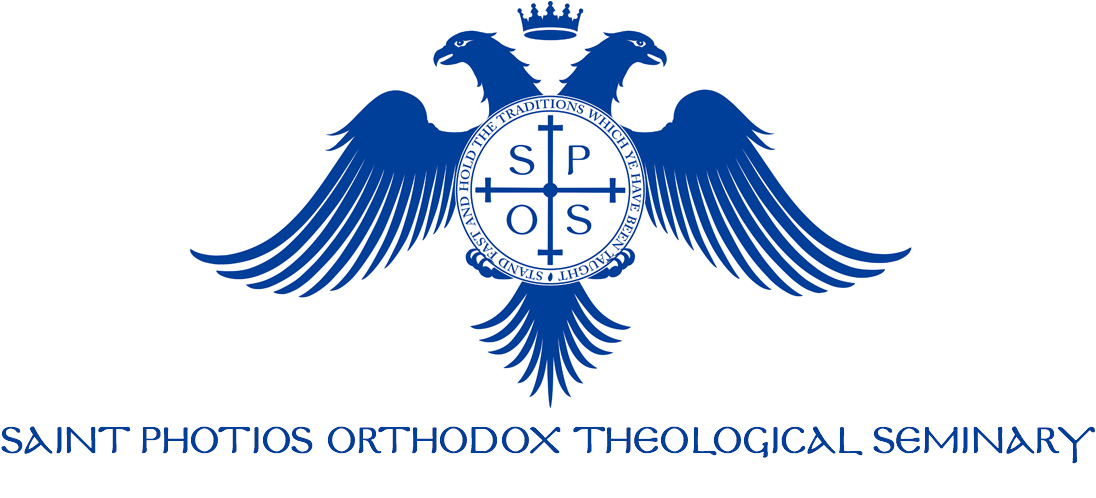Internet Code of Ethics for the Clergy
- Details
- Created on Tuesday, 12 April 2011 20:25
- Last Updated on Friday, 27 June 2025 01:41
The Holy Synod of the Church of the GOC of Greece in its meeting on Feb. 3/16, 2011 approved the following Internet Code of Ethics for the Clergy:
In today’s age, when information and communication technologies dominate our daily lives, the use of the Internet may prove to be a useful pastoral tool for the clergy. This presupposes, however, that the use of the electronic pulpit will be sensible and careful, as is true of the real pulpit. For this reason, the Holy Synod of the Church of the G.O.C of Greece has decided to establish a code of ethics for the public use of the Internet by the clergy.
We define the public use of the Internet as the use of any information or communication media whose content is accessible to more than ten people. This category includes websites or blogs kept by clergymen, profiles on social networking sites, and mass e-mails with more than ten recipients.
In their electronic communications clergymen:
1. Shall not use improper or profane expressions in any way;
2. Shall not use improper allusions or comment favorably on provocative material presented in videos, pictures, documents, or any other internet media;
3. Are not permitted to involve themselves in political issues, taking a position for or against political figures. It is permitted to comment on politicians’ specific acts or words from an ecclesiastical perspective. This, however, must be done by means of competent and theologically documented essays and not by the republication of the political opinions or comments of others or through commentaries of such articles found on other websites.
All clergymen are obliged to bear in mind at all times that they are called to give a good witness and to be an example for the laity. For this reason, they must act in accordance with their vocation, using the Internet principally as a ministry of good witness and confession.
Clergymen who violate these rules shall be punished, firstly with the suspension of their privilege to use such media. Clergymen that persist in disobedience to the Church’s hierarchy shall be judged in accordance with the canons of the Church. It is the responsibility of each Ruling Hierarch to provide further clarification of the above.
Translated from the Greek
Orthodox Awareness
The Problem of Conservative New Calendarism
A talk delivered by Fr. Maximus (Marretta) to the Inter-Orthodox Conference "Orthodoxy and Modern Ecumenism," University of Chicago, March 5/18, 2007. Read more...
Missions
Saint John of Kronstadt - Bunnell, Florida
St. John of Kronstadt Orthodox Church began as a mission parish in the year 2000, in a home chapel in Palm Coast, FL – a small town on Florida’s northeast coast located between St. Augustine and Daytona Beach. After two years, it became necessary to have services in area community centers, rented for Sundays and other Holy Days. Read more...
Youth
2025 Youth Conference
Please join us for the 2025 youth conference in Toronto, Ontario, Canada! To learn more, visit the conference website.
Ask A Priest
Civil Annulment's Effect on Church Marriage?
Q. This concerns a U.S. marriage. If the marriage is civilly annulled, what is the effect upon the Church marriage? Is it also annulled? Read more...





